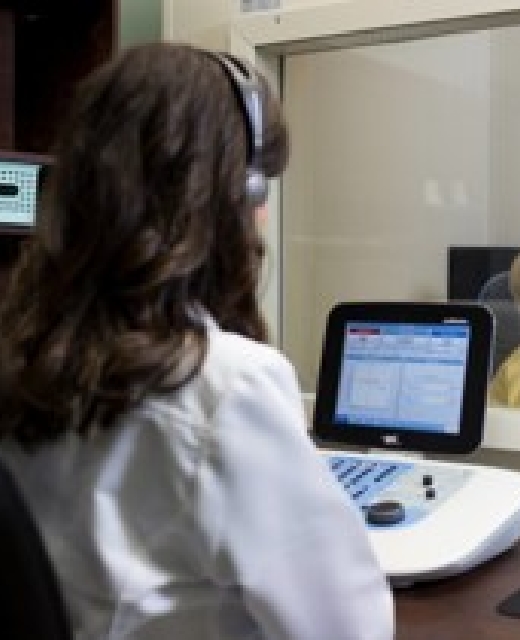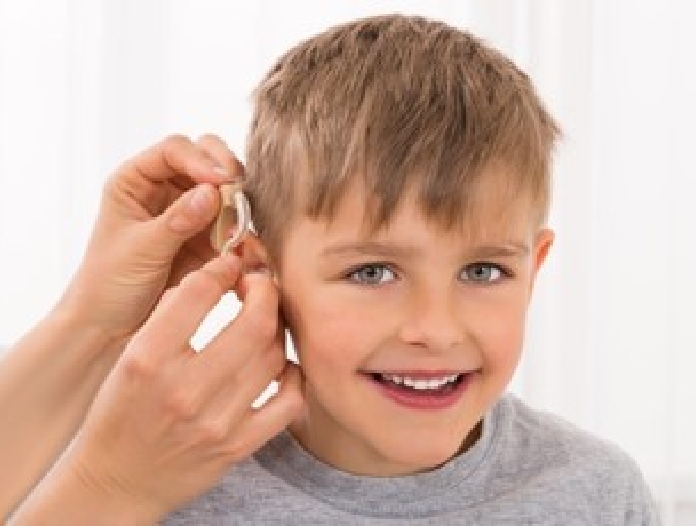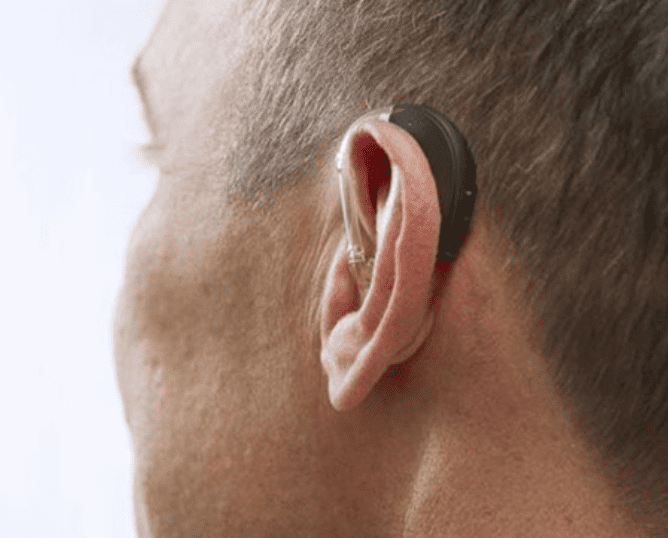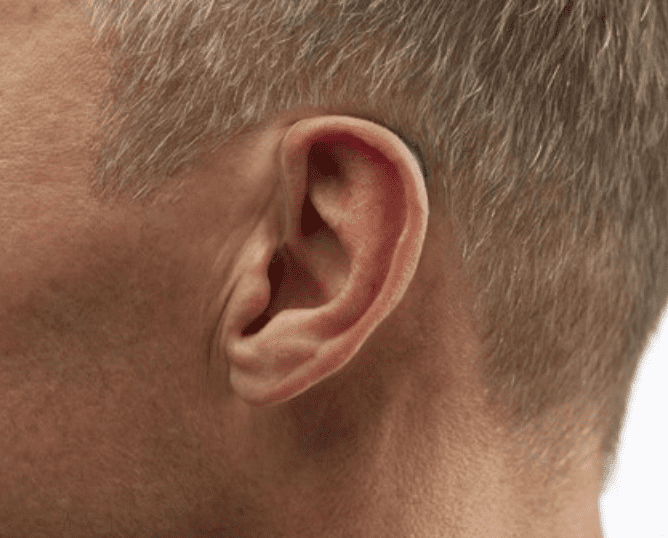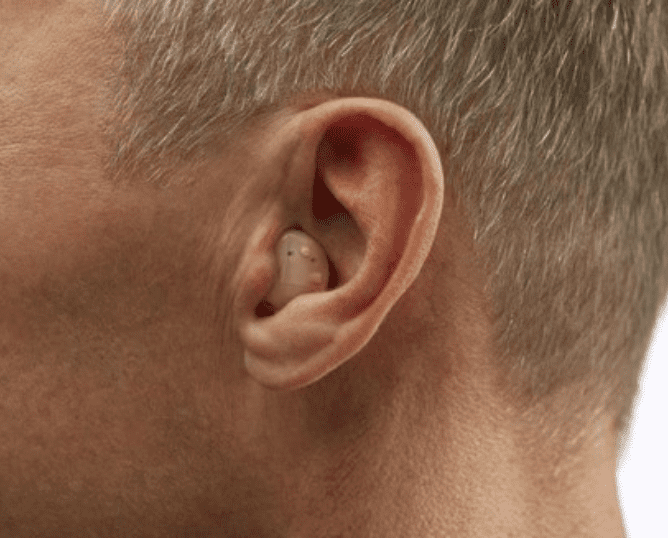
Tinnitus Hearing Aids
Tinnitus is not a type of hearing loss, but many people who suffer tinnitus also have hearing loss without knowing it.Tinnitus Hearing aids and sound therapy can relieve some of the effects of this symptom.
What is tinnitus?

Tinnitus is typically experienced as a hissing, buzzing, whistling, roaring or ringing in one or both ears that only you can hear. For some people, it has a huge impact on daily life, causing stress, anxiety, anger and disturbed sleep. Surprisingly common, almost 1 in 10 Indian experience some form of tinnitus. We can help you take control and manage the symptoms of tinnitus.
The severity and regularity differs from each individual who suffer from tinnitus. The symptoms of tinnitus vary from one person to another, ranging from temporary to persistent, mildly irritating or very disturbing. About 80% of people with tinnitus may also have some degree of hearing loss without being aware of it. Unfortunately, there is no cure for tinnitus, however there is a form of relief for those who are affected by tinnitus. Our hearing healthcare professionals are here to help and can recommend different techniques to help relieve this nuisance.
Frequently Asked Questions
Q:How Do Tinnitus Hearing Aids Help with Tinnitus?
Ans:Masking: Hearing aids can generate sounds that cover up the tinnitus, reducing its perceived volume.
Distraction: By amplifying environmental sounds, hearing aids can divert attention away from the tinnitus.
Sound Therapy: Some hearing aids offer specific sound therapy programs designed to alleviate tinnitus symptoms.
Q:What Type of Tinnitus Hearing Aid is Best for Tinnitus?
The best hearing aid for tinnitus depends on the individual’s specific needs and hearing loss.
Look for hearing aids with features like:
Noise generators: These produce sounds that can mask tinnitus.
Sound therapy programs: Preset sounds or customizable options to address
tinnitus.
Amplification: To improve overall hearing and reduce the focus on tinnitus.
Q:Will Tinnitus Hearing Aids Make Tinnitus Worse?
No, hearing aids are not likely to make tinnitus worse.In fact, they can often provide relief. However, it’s essential to consult with a hearing care professional to determine the best approach for your specific situation.
Will tinnitus hearing aids help with my tinnitus?
If you have hearing loss, there is a good chance that a pair of hearing aids will benefit your tinnitus and help you hear again. Request an appointment to get a check-up to determine if you will benefit from using hearing aids.




Tinnitus Hearing aids and technology for tinnitus
We customize Tinnitus hearing aids and sound therapy exactly
to your needs and preferences.
-
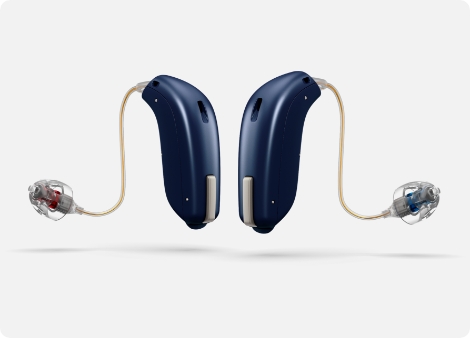
Tinnitus Hearing Aids
Our latest Tinnitus hearing aid, provides a variety of relief sounds for those who experience some form of tinnitus.
-
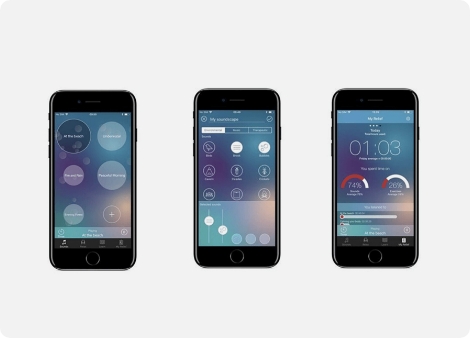
Tinnitus sound app
Get relieving sounds right when you need them. Download on the App Store or get it at Google Play.
Hearing Aids
We provide a wide range of technologically innovative, programmable, undetectable, and comfortable hearing aids from leading global brands to suit all price points and Types of losses.
All hearing aids have the same components to transmit sound from the surrounding environment to your ear. However, there are numerous varieties of hearing aids that differ in size and placement in the ear. Some are barely unnoticeable since they may fit into your ear canal. Some just partially fit into your ear canal. In general, the price of a hearing aid rises with size and corresponds to its power, battery life, and size. Resound
We deal RESOUND ,PHONAK,WIDEX, OTICON, AUDIO SERVICE, SIEMENS, UNITRON, BERNAFON, and STARKEY.
